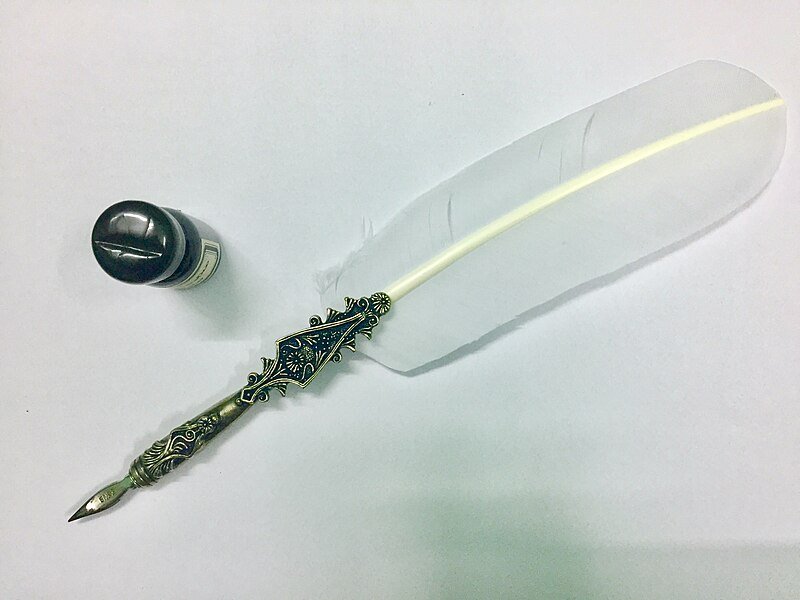Steven Beattie’s 2021 piece in The Walrus “What We Lose When Literary Criticism Ends,” which I revisited recently, is a sobering piece for anyone interested in making a living as a literary critic.
I spent 17 glorious years as an editor of the books coverage of the Los Angeles Times. When I use the word “glorious,” I’m not exaggerating here: It truly WAS glorious. Every day I went to the office and worked with practicing critics and other writers — including some of the biggies — and learned to ply the trade and develop my own voice. Each week brought 400 or 500 new books (finished and galleys) to the books section, and I was one of the people charged with determining what the book conversation would be about in tomorrow’s paper and Sunday’s special section. What’s more, I got paid (well) to do this and support my family!
So, yes, “glorious” is totally intentional.
I left the paper (and the newspaper industry) in 2012 because I looked down the tracks and couldn’t see where we were heading. I made a graceful exit thanks to a job in the world of higher education and haven’t looked back since — until I read Beattie’s article.
In the years since I left the paper, I’ve been able to practice my trade in the Los Angeles Review of Books and elsewhere, but as a volunteer. I haven’t depended on it to pay my mortgage. I’ve had the luxury of time and peace to tend to criticism at my own pace (which was never the case at a major newspaper). Beattie’s article is a reminder of how much the situation has shifted and what’s at stake.
There’s a place for literary criticism that we’ve desperately seen over the past several years. There’s been a coarsening of our culture that hasn’t been helped by social media and the figures who command vast followings on it. What literary criticism has always reminded us about is how complex and nuanced issues can be. As the pool of thinkers available for this work shrinks, you know what takes its place — the angry, divisive either/or approach to all things that is the feed on most platforms.
I don’t see a solution (beyond major investments in the press from the current crop of mega-billionaires) in general, but I have found one for myself. The craft it took “so long to lerne” is something I now use in support of aspiring writers. Someone approaches me with a manuscript and they are unsure of its worth. I can give them a solid assessment of its worth. That doesn’t guarantee it will get published — the current flavor of the month among the publishing houses is another issue entirely. I tried to do that once with a manuscript of my own and was severely disappointed. It made me realize — and this is something I put to my clients — do you want to create an excellent book or do you want to make a bucket of money?
If your answer’s the former, I can help. If your answer’s the latter, I have one more piece of advice: Go into real estate.
